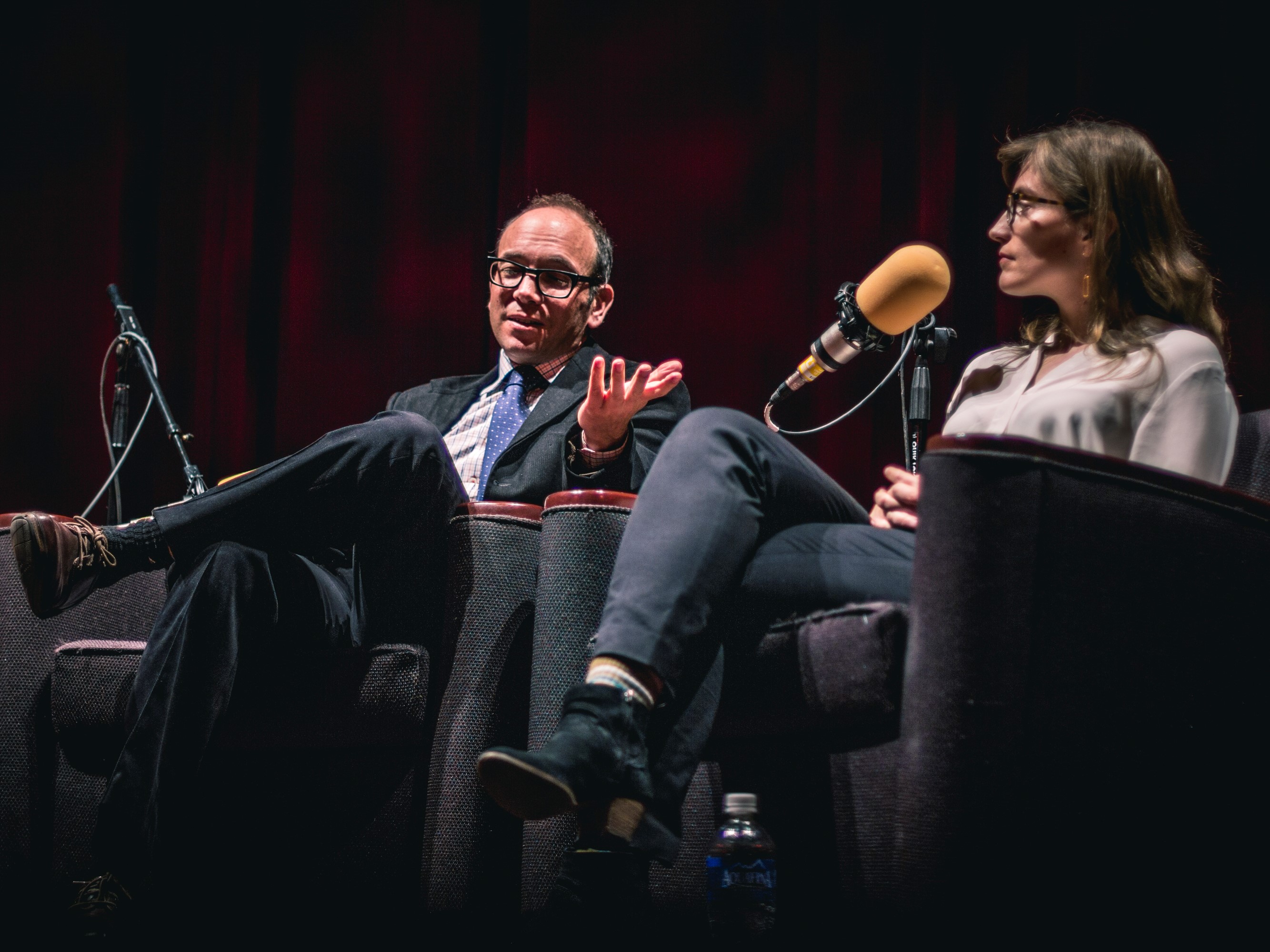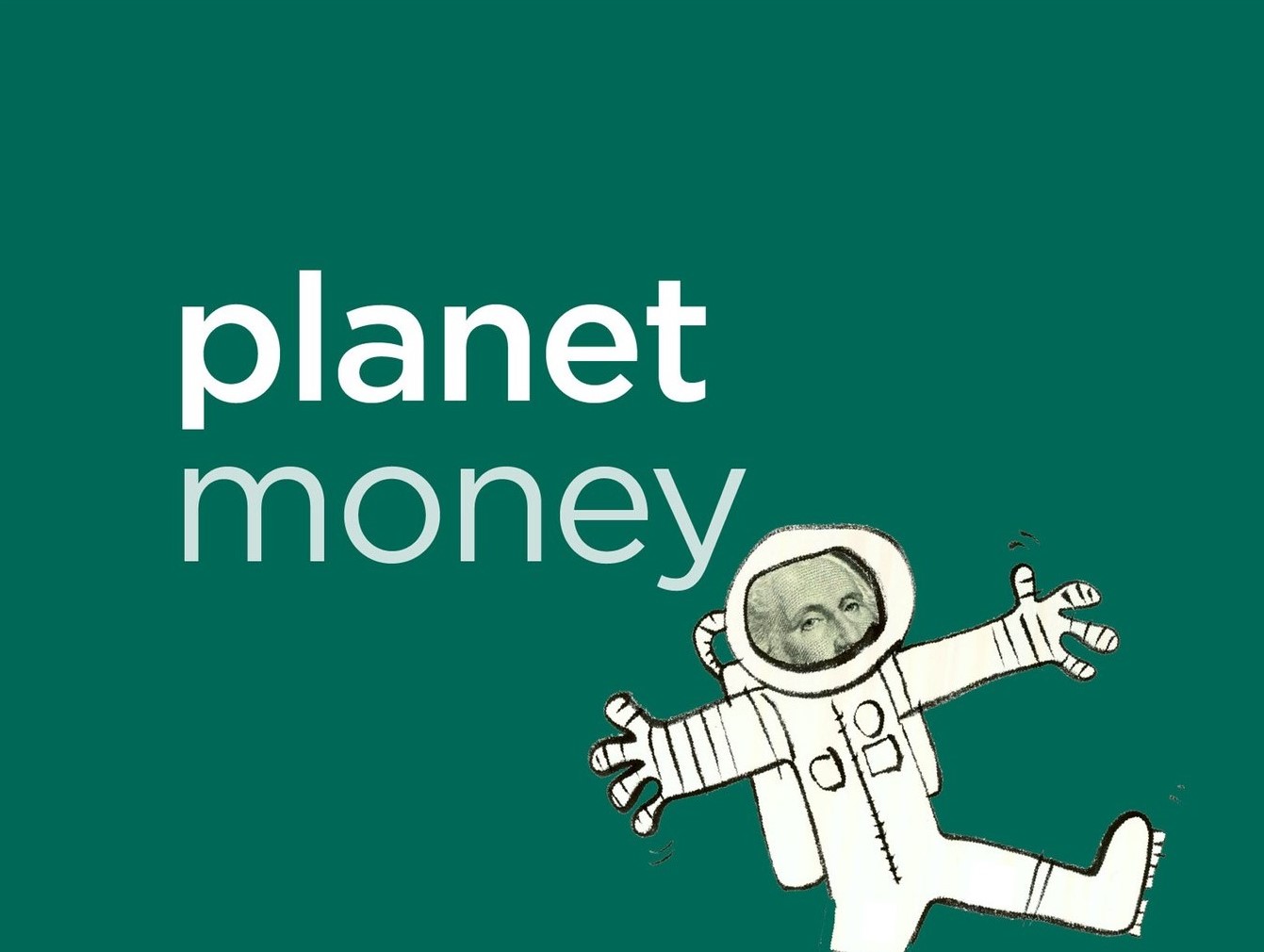Podcasts are on the rise, and, honestly it’s not surprising why. Podcasts are the literature for everyone — whether you’re the type of person who considers books a bore or simply don’t have the time. If you want to keep learning new concepts, but feel as though you don’t have enough background knowledge to succeed, never fear! There’s a show for you, and yes, there are plenty for the well-read population too.
No matter what you’re into, there is likely a podcast out there for you focused specifically on your area of interest. But if you’ve just been hearing all the buzz about them and aren’t sure where to begin, try National Public Radio’s (NPR) podcast, “Planet Money.”
The producers at “Planet Money” explain the show as thus: “Imagine you could call up a friend and say, ‘Meet me at the bar and tell me what’s going on with the economy.’ Now imagine that’s actually a fun evening. That’s what we’re going for at ‘Planet Money.'”
Having started their podcast series in 2008 — in the middle of a financial crisis — the creators of “Planet Money” felt that it was crucial for Americans to understand what was happening in the economy. But at the same time, they wanted to relay the information in a way that was fun and light-hearted, as opposed to the expected negative and argumentative approach. So, to isolate themselves from the Alex Jones of the economic and political sphere, the producers at “Planet Money” designed a podcast that would be easily accessible for everyone and could give them the important news they needed to hear, with a fun twist.
It’s not all about content and cracking jokes though. There is a lot that goes into creating a podcast that will be universally approved and appreciated. The main element that makes “Planet Money” so enjoyable is its format: it’s short and informal, yet jam-packed with information. “Planet Money” episodes usually are not longer than about 25-30 minutes, so you can finish an entire episode while driving or walking to class, doing the dishes or getting ready in the morning.
It’s also constructed to be easy for the audience to relate to the speakers. While “Planet Money” does have a consistent team of hosts and producers, for each episode they bring in guests to co-host, so you’re always listening to new and exciting voices. Although they are transferring vital information, contributors speak to their audience colloquially, as if relaying the facts to a friend or peer.
Relating to listeners and making this educational experience for an enjoyable one is extremely important to the “Planet Money” team. “We try really hard every episode to find creative, entertaining ways to make sense of the big, complicated forces that move our economy,” the hosts explain. “That’s why we made a t-shirt and traced the supply chain around the world from cotton field to factory; bought 100 barrels of crude oil and followed it from ground to gas tank; launched a satellite; and built an adorable algorithmic trading Twitter bot.”

While these stories seem to be, and legitimately are, light-hearted and fun, the issues they cover are actually incredibly important and affect our economy and all of us more than we realize. For example, one of my favorite “Planet Money” episodes is about the postal organizations in every country, and how they affect the costs in the U.S. to use the postal service. The episode is No. 857 and titled “The Postal Illuminati.”
Upon glancing at it while scrolling through the list of episodes to choose from, my initial thought was “What the hell is this even about?” But that’s one of the quirky things about “Planet Money”: Their titles often don’t make a lot of sense until after you listen, making them all the more hilarious and clever. I decided to give it a listen out of curiosity, and the hosts, Kenny Malone and Nick Fountain, started off by explaining the story of Jayme Smaldone, creator of the Mighty Mug and how the Chinese knock-off Might Mug-makers were profiting off of his invention. After bringing him on for an interview, he explained that he discovered the reasoning behind it, and had made a huge breakthrough in discovering the “Postal Illuminati.”
What Fountain, Malone and Smaldone discover is that “the reason for this price gap…is a secretive group of postal policymakers that meets every four years to fix international shipping rates. A kind of ‘postal illuminati.'” They come to tell us that other countries essentially pay the inexpensive parts of the postal delivery while the U.S. gets stuck with the highest expense; we pay postal taxes for services that other countries never do. This means that the little guy like Smaldone gets screwed when it comes to making money off their products.
Because of this “postal illuminati,” inventors like Smaldone are required to pay more to ship their product across the street than companies in China making the knock-off version do to send it across countries. And how does this affect you? It affects your country’s economy, and the American Dream baby! It also just happened to pop up in current events, two months after the “Postal Illuminati” episode was released.
Last week, The Washington Post reported that President Trump “moved Wednesday to withdraw from a 144-year-old international postal agreement that enables businesses in China to mail small packages to the United States at a hefty discount, an arrangement government officials said boosts foreign competitors and costs the U.S. Postal Service roughly $170 million per year.” This same deal that Trump withdrew from is the very “postal illuminati” that “Planet Money” referenced in their last podcast and is now national news.
Not everyone is into current events or politics or any of that drama, mostly because of the negative and aggressive ways it’s displayed in the media. However, you can obtain this same information in a fun, educational way by listening to this podcast, and then applying what they’ve taught you to the current events you read in the news.
So, if you’re desiring to venture into the podcast realm, consider starting with NPR’s “Planet Money.”
















